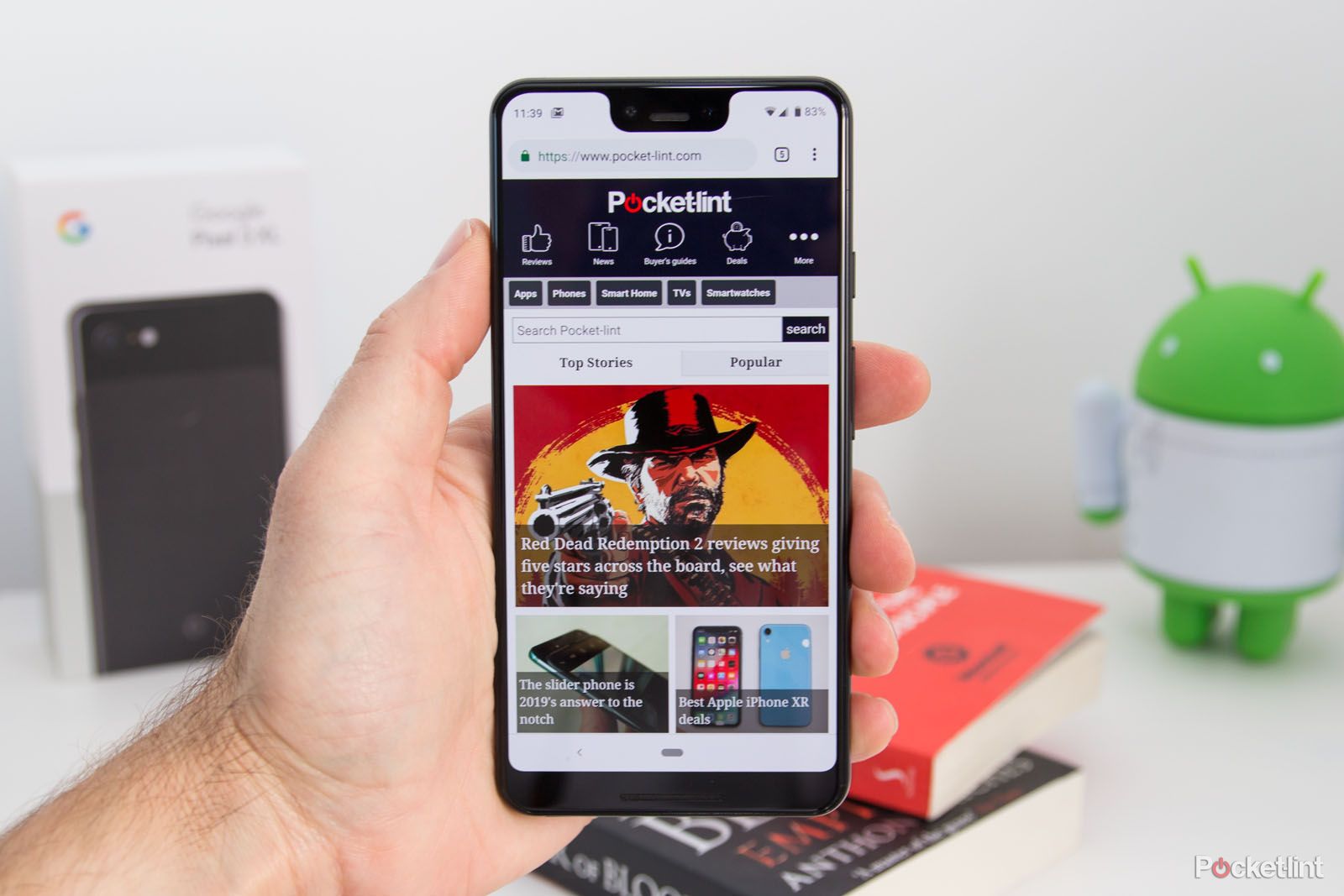Google has announced that it will make it clearer to Android phone users that there are other browsers available, and offer choices other than Chrome and Google Search to use as a default.
The move comes after ongoing discussions with the European Commission, following a hefty fine it already received for antitrust practices in relation to Google Shopping and other services it offers.
Of course, Google has allowed third party browsers to be installed from its Play Store for quite some time. In fact, there's a plethora of options available. Whether you're looking for a secure browser like DuckDuckGo, or prefer Opera or Firefox, you can pick and choose. The same is true of search apps.
The issue here then, isn't that Google doesn't offer alternatives, but that it doesn't offer them up as alternatives more clearly when someone's setting up a new phone.
In a blog post, the company wrote that it will begin "...asking users of existing and new Android devices in Europe which browser and search apps they would like to use."
Having been stung with a $5 billion fine already in the EU, you can understand why the company is now doing all it can to be seen as being pro-competition. After all, if it genuinely thought this was the right move to make from an ethical standpoint, it would do so globally, not just in the continent where it's under scrutiny.
What's perhaps interesting here is that, like Google and Android, iPhones come preinstalled with Safari, although you do get a choice of search engine, it's not made obvious that there are alternatives to Google unless you go looking for them.
Of course, Apple's primary business isn't ads and search; it's services like iTunes, the App Store and hardware. Apple doesn't stand to make or lose significant amounts of money by offering, or not offering alternative defaults when you set up an iPhone. Google does.
Still, you often find that - as well as Chrome - some of the more popular Android manufacturers already preinstall default internet browsers. The likes of Huawei, Samsung and Xiaomi all have their own browsers, so you don't even have to go find those in the Play Store. They're already on the phones.
Whether or not this move from Google will end up changing user behaviour, and see an increase in alternatives being used is yet to be seen. But for now, this definitely seems like a pre-emptive move by Google to avoid a further sting from the EU Commission.

